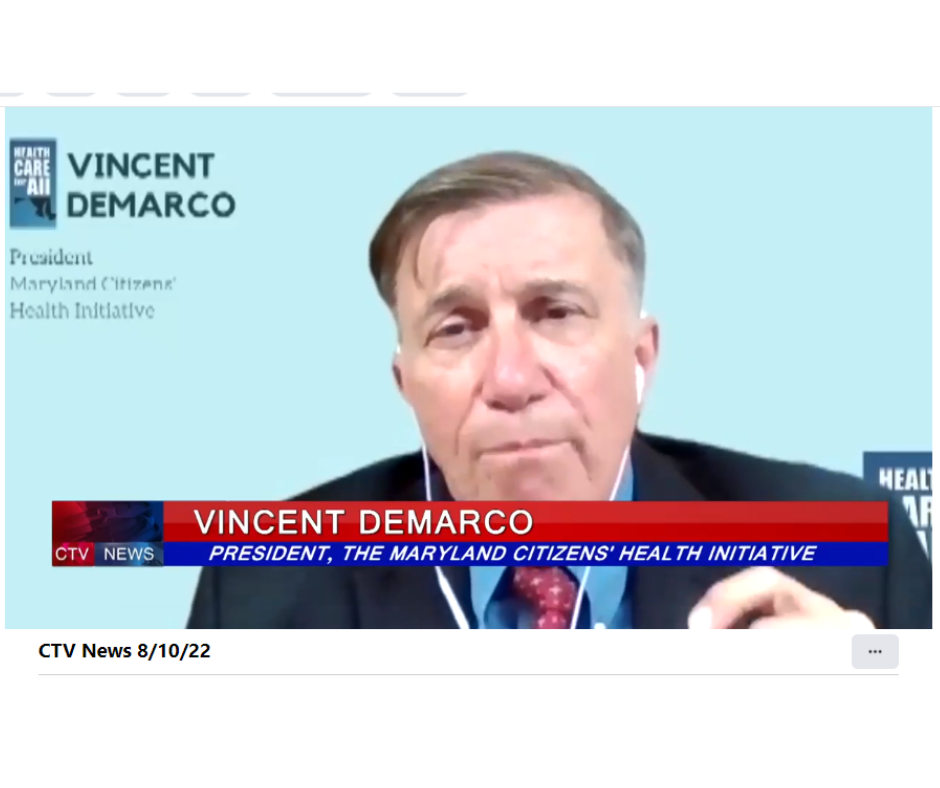The Washington Post
Carolyn Y. Johnson
April 13, 2o18
A Maryland law crafted to deter companies from instituting large price increases on old, off-patent drugs was struck down by a federal appeals court Friday, in a decision that could give pause to other states considering similar legislation.
The Maryland law, which went into effect in October, was seen as a model for other state-based efforts aimed at curtailing massive price hikes on generic drugs in Louisiana and Illinois.
The court found that the law violated the Constitution because it would have regulated sales outside of the state.
“Although we sympathize with the consumers affected by the prescription drug manufacturers’ conduct and with Maryland’s efforts to curtail prescription-drug price gouging, we are constrained to apply the dormant commerce clause to the Act,” Stephanie Thacker, judge for the U.S. Court of Appeals for the 4th Circuit, wrote in the majority opinion.
The law was challenged by the Association for Accessible Medicines, the lobby for the generic-drug industry, which includes companies such as Mylan, Sandoz and Teva.
“This law, and any others modeled from it, would harm patients because the law would reduce generic drug competition and choice, thus resulting in an overall increase in drug costs due to increased reliance upon more costly branded medications,” said Chester “Chip” Davis Jr., president of the Association for Accessible Medicines.
Maryland Attorney General Brian E. Frosh said in a statement that his office was evaluating next steps.
“We remain committed to pursuing efforts to eliminate price gouging and to safeguarding Marylanders’ access to prescription drugs,” Frosh said, arguing that the judges in the majority misunderstood the scope of the law.
Reflecting public anger over Martin Shkreli, who drew national outrage for taking an old anti-parasitic drug and raising the price more than 5000 percent, the Maryland law targeted “unconscionable” increases in the prices of generic drugs deemed “essential” medications.
But the court found, in a 2-to-1 vote, that the law was not constitutional because it regulated sales in other states, since drug manufacturers sell their products to wholesalers outside Maryland before they reach local consumers.
In a dissenting opinion, Judge James A. Wynn Jr. wrote that the majority opinion concludes that generic-drug companies are “constitutionally enabled to impose conscience-shocking price increases on Maryland consumers” as long as the companies initially sell their drugs to out-of-state intermediaries.
The legislation did not include the most expensive and biggest drivers of prescription drug spending: brand-name drugs. An attempt to pass legislation to regulate the prices of brand-name drugs in Maryland was unsuccessful this year. Generic drugs account for nearly 9 out of 10 prescriptions filled in the United States but account for about a quarter of total drug costs, according to IQVIA, a firm focused on health-care data.
Gerard Anderson, a professor at the Johns Hopkins Bloomberg School of Public Health, said he and other faculty members had helped draft the legislation targeting generic drugs first because they thought it was more likely to pass than policies that threatened the powerful brand-name pharmaceutical industry.
The law allowed the state to challenge a drug price increase as unconscionable, and companies could have faced a $10,000 fine or a threat to halt drug sales at the high price. No drug price increases had yet been challenged.
“We thought this would be easier,” Anderson said. “We’re in the long haul, as opposed to having a lot of short-run successes. We basically just have to continue to be concerned about this, because prices continue to go up.”
Last modified: April 13, 2018



